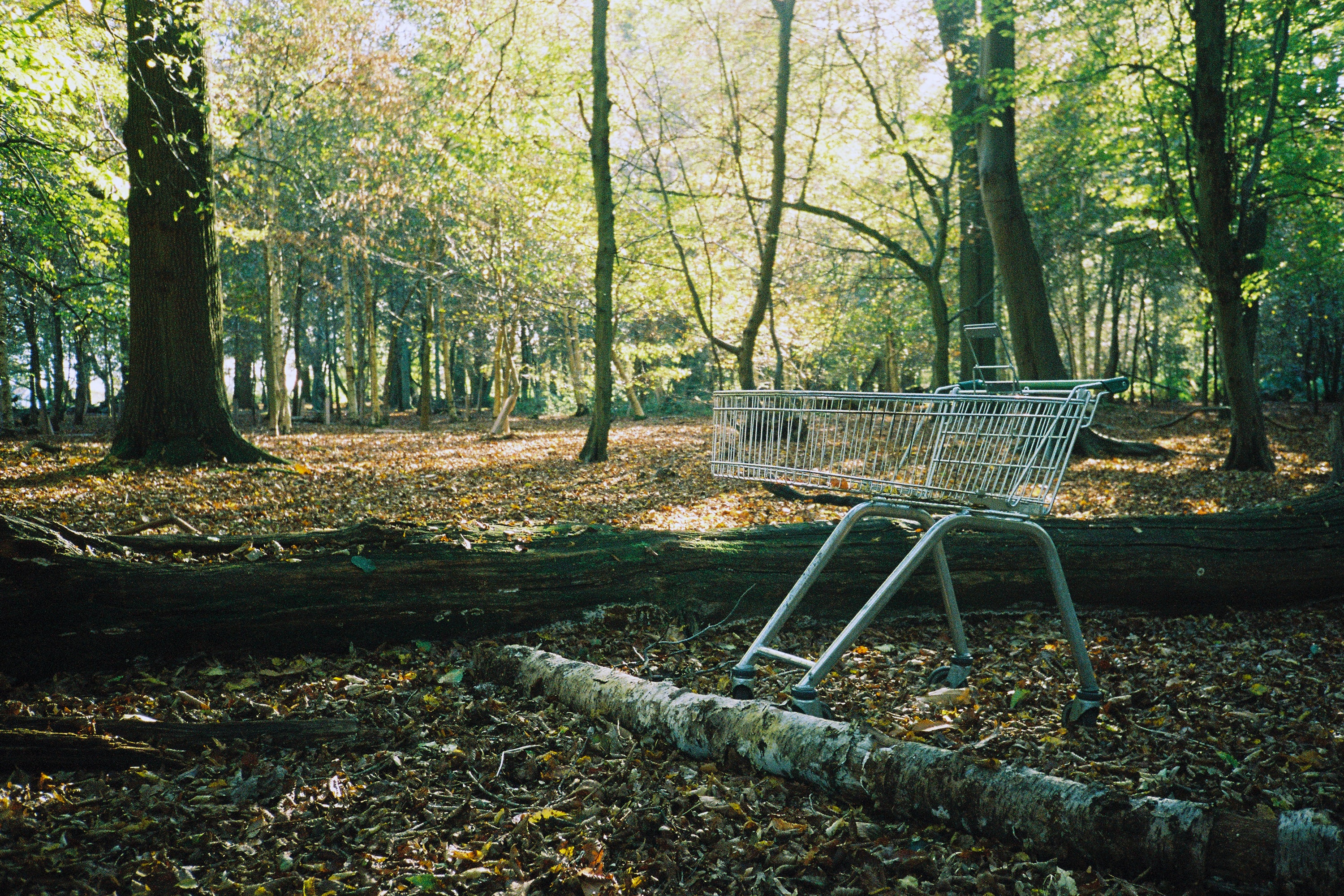Sustainability & B-Corps, worth the hype? A Gen Z’s perspective on the topic
Climate change. It's a hot topic, if you’ll excuse the pun. As the cultural debate around how as individuals we can be more sustainable and reduce our carbon footprint grows, many of us are becoming a lot more aware of the impact we have on the world just living our day to day lives. Google recently published data showing that global searches for electric vehicles have nearly doubled over the past two years, global searches for solar installation have nearly doubled since 2021 and global searches for thrifting nearly tripled over the past 3 years.
As a member of Gen Z the issues surrounding climate change have been an influence on my life ever since I can remember. There is an environmental consideration surrounding everything now that influences the way we behave, many of these things would never have crossed the minds of the likes of my grandparents or even parents. Where has my clothing and food come from and in what conditions were they made? Is my energy provider using wind or solar powered energy to power my home? Even the environmental and social impact of having children is a topic widely debated amongst my peers.
To no one's surprise, all of these influences are leading to a huge change in the way we consume. The Guardian reported that shoppers spent £61bn on ethical products in and services in 2021, which was nearly 30% more than in 2019. Brands at all price points now heavily advertise their sustainability plans, allowing them to not only gain more customers and brand recognition but also giving them the legitimacy to charge a more premium price that customers are willing to pay. A recent study, Gen Z Shoppers Demand Sustainable Retail, found that Gen Z consumers are willing to pay 10% more for sustainable products, and that Millenials are more likely to make a purchase based on a brand's ethics. On the whole we are more clued up than ever on what we want our money to contribute towards.
With all this knowledge it's likely no surprise that as a society we care much more about the sustainability claims a brand makes, but we can also be much more skeptical when it comes to trusting these claims.
The sustainable fashion market is a key market I have seen really grow in the last two years and is a key example of how companies can grow their reputation and brand loyalty off the back of being environmentally and socially conscious. For consumers that are conscious of environmental factors like me it's important that brands are open and honest about their sustainability goals. I’m not just talking about the likes of Patagonia and Toms either who were set up around the premise of being a sustainable brand, but also brands who are making a conscious effort to reduce their carbon footprint despite not being 100% there yet.
Levi's is a great example of this, they recognised that historically denim has been known to use a huge amount of water to produce and as a result has been recently producing their jeans with 98% less water. Not only this but they are working towards using 100% sustainable cotton and ensuring the longevity of their products in an effort to produce less waste.
It's clear to see that sustainability is permeating throughout everything we consume now and if you are looking to appeal to the climate conscious generations and beyond it's important to be honest and clear about your ESG claims, even if you aren’t 100% there yet, because consumers are more knowledgeable than ever. One great way to do this is through B Corporation certification. Being a certified B-Corp means that a business is meeting high standards of verified performance, accountability, and transparency on social and environmental issues. For me and I’m sure many others there are huge benefits to being able to make a decision on what company to purchase from or work for, and with the B-Corp status becoming more prevalent it makes it even easier to make that decision.
Working for a company that is a certified B-Corp - we celebrated this in April 2023 - gives me the confidence that the work we do and the way we run on a day to day basis is making a positive influence on the world. I also appreciate that there is an external body holding us accountable and to the high standard that we strive for.
If I were to have the option to work for either a B-Corp certified company or not, the transparency and assurance that the B-Corp status gives a company is a no brainer for me.
